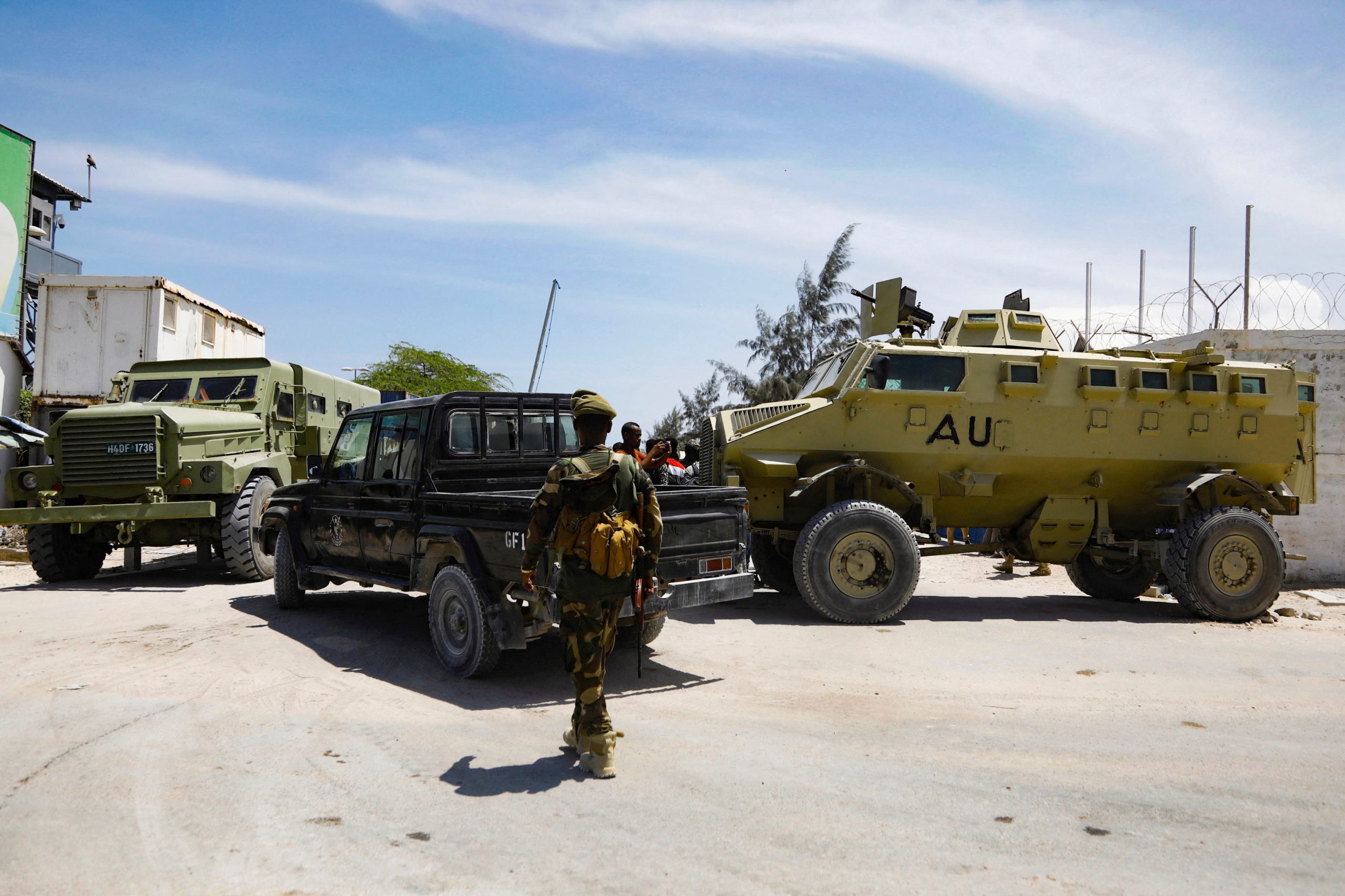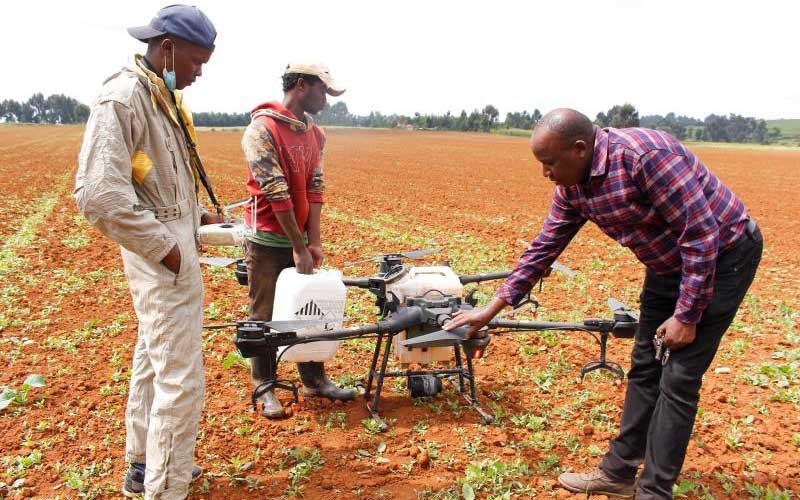Former Kenyan Prime Minister Raila Odinga has come under heavy criticism from civil society groups and some opposition parties for appearing to support President William Ruto’s government amid a youth-led uprising demanding the latter’s resignation.
Mr. Odinga, who is a candidate for the African Union Commission (AUC) chairmanship in February 2025, is believed to have negotiated a deal that resulted in four members of his ODM party taking up key positions, including that of Finance Minister, in President Ruto’s reconstituted Cabinet this week.
The move has triggered a fallout within the opposition Azimio coalition, which supported Mr. Odinga’s unsuccessful presidential bid in the 2022 elections.
Three key political parties in the coalition, including the Wiper Democratic Movement led by former Vice President Kalonzo Musyoka, have disowned the deal, calling it a betrayal of the Gen Z movement behind the widespread protests across the country over the past month.
The controversy over ODM members joining the Cabinet is expected to further weaken the opposition in Parliament, where President Ruto already enjoys control after luring more than 30 defectors to the government side.
With 83 Members of Parliament, ODM once boasted half of Azimio’s parliamentary group before the defections.
President Ruto is also counting on the inclusion of ODM’s senior officials in the Cabinet to diminish the momentum of the protest wave, especially in Nairobi and major towns like Mombasa and Kisumu, where Mr. Odinga’s party has significant support.
It is unclear if the relatively low-key protests staged by civil society groups in Nairobi on Thursday were connected to Ruto’s unveiling of his so-called broad-based government the previous day.
Mr. Odinga has since denied the existence of a formal power-sharing deal between his party and the President’s ruling Kenya Kwanza coalition, insisting that the four ODM members joined the Cabinet in their individual capacities.
In a statement issued by his campaign secretariat on Thursday, Mr. Odinga sought to clarify that his party was still advocating for a conditional national dialogue to address concerns raised by the Gen Z movement. These concerns include compensation for victims of police brutality, the release of protesters from police custody, and the prosecution of police officers caught on camera shooting peaceful protesters.
More than 50 people have been killed and hundreds injured during the protests that began on June 18 in response to unpopular tax hikes in the Finance Bill 2024 but have recently evolved into an anti-government uprising.
Betrayal
The government has also been criticized for deploying special police squads to carry out abductions and enforced disappearances after protesters overran Parliament on June 25.
President Ruto, while unveiling his second batch of Cabinet nominees on Wednesday, seemed open to meeting some of the conditions set by Odinga’s party, directing the police to release and drop charges against innocent protesters.
However, critics continue to accuse the opposition leader of betrayal, pointing to his inconsistent stance on engagement with Ruto’s government over the past month.
All four persons nominated to Dr. Ruto’s Cabinet are close allies of Mr. Odinga and top-ranking members of ODM, including the two deputy party leaders.
The veteran opposition leader, who himself led disruptive anti-government protests between March and July last year to challenge President Ruto’s legitimacy, first hinted at behind-the-scenes negotiations with his erstwhile political rival on July 9, when he witnessed the signing of a Bill proposing the reconstitution of the electoral commission.
It was the first public appearance together by the duo since the AU’s Africa Fertilizer and Soil Health Summit in May in Nairobi, where President Ruto was seen campaigning for Mr. Odinga’s candidacy for the AUC chairmanship.
Last week, Odinga warned of possible dire consequences for the country if President Ruto were forced to resign, drawing parallels to the counterrevolution in Egypt following the ouster of Hosni Mubarak in 2011.
“‘Ruto must go’ cannot be the end. It’s in times of crisis like this that a country needs to talk. We are not doing it to save Ruto. We are doing it to save Kenya. Generals don’t have teargas. They have bullets,” he was quoted as saying during a parliamentary group meeting.
While the 79-year-old opposition leader has faced criticism at home for his perceived role in undermining the pro-democracy movement against the Ruto government, his AU campaign secretariat views his intervention as a move to enhance his image as a prospective African top diplomat, capable of helping restore stability in a politically turbulent country.
Source: The East African




















